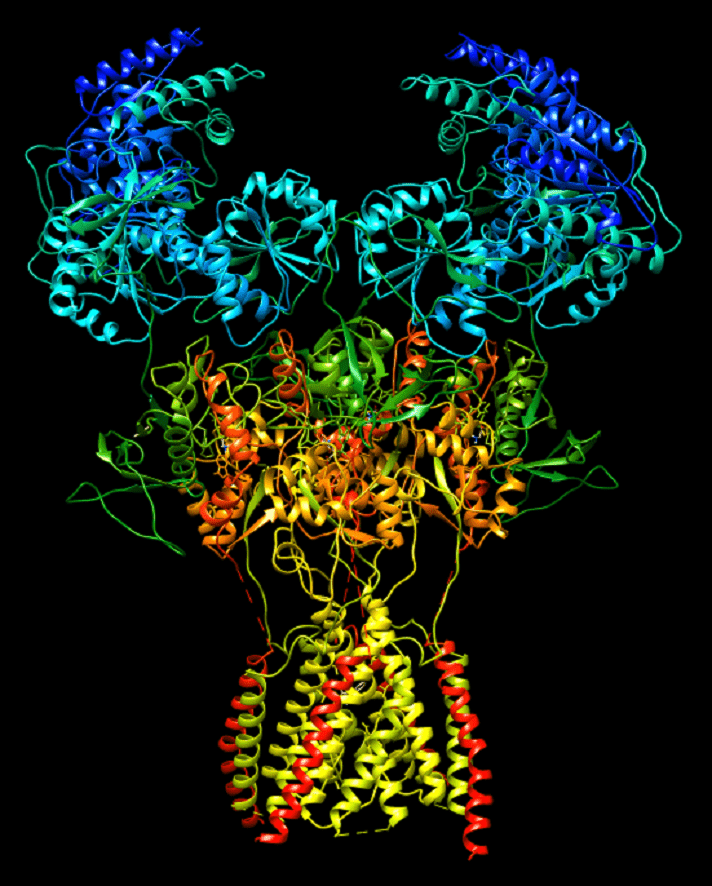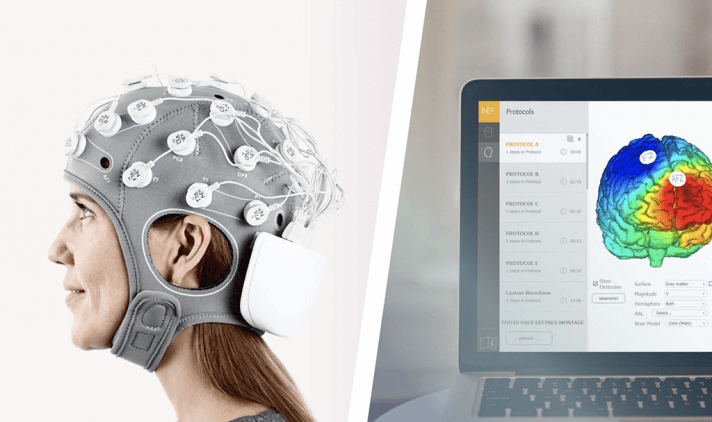Posts Tagged ‘Brain-Plasticity’
Best books on cognitive ability and skills according to ChatSpot and ChatGPT
As a follow-up to the article Best books on brain health and cognitive fitness according to ChatSpot and ChatGPT we decided to find out what these popular AI chatbots say about books to understand and improve cognitive ability and skills. Here you are: (Links open corresponding Amazon book pages) Best books on cognitive ability and skills, per…
Read MoreReading for pleasure during childhood may lead to higher brain/ cognitive development and mental well-being during adolescence
Early childhood is a critical period for brain development, which is important for boosting cognition and mental wellbeing. Good brain health at this age is directly linked to better mental heath, cognition and educational attainment in adolescence and adulthood. It can also provide resilience in times of stress. But, sadly, brain development can be hampered…
Read MoreStudy identifies cognitive benefits of ketamine in patients with treatment-resistant depression
Which factors determine what we believe about our world, ourselves, our past, and our future? Cognitive neuroscience suggests that our beliefs are dependent on brain activity, specifically on the way our brains process sensory information in order to make sense of our environment. These beliefs (defined as probability estimates) are central to our brain’s predictive…
Read MoreCombined tDCS neurostimulation and cognitive training found to improve working memory among older adults–especially those with lower starting capacity
Giving memory a lift: Can games and brain stimulation do it? (MedicalNewsToday): A person’s working memory may decline with age or if they have dementia, Parkinson’s disease, or have had a stroke. When this occurs, the loss can affect their day-to-day quality of life, turning even simple tasks into often-demoralizing challenges.
Read MoreUC study finds near-transfer of cognitive training to be necessary (yet not sufficient) for far-transfer, broader benefits
Who benefits from brain training, and why? (UCI release): If you are skilled at playing puzzles on your smartphone or tablet, what does it say about how fast you learn new puzzles, or more broadly, how well can you focus in school or at work? In the language of psychologists, does “near transfer” predict “far…
Read MoreStudies find growing evidence linking weight, physical activity, neuroplasticity and depression
Being overweight can cause depression — and exercise is an antidote, dual studies confirm (Runner’s World): A large-scale study from the University of Exeter has found ‘robust evidence’ that being overweight hikes up your risk of developing depression – but as fresh evidence confirms, logging your morning miles is one of the most effective ways to…
Read More





